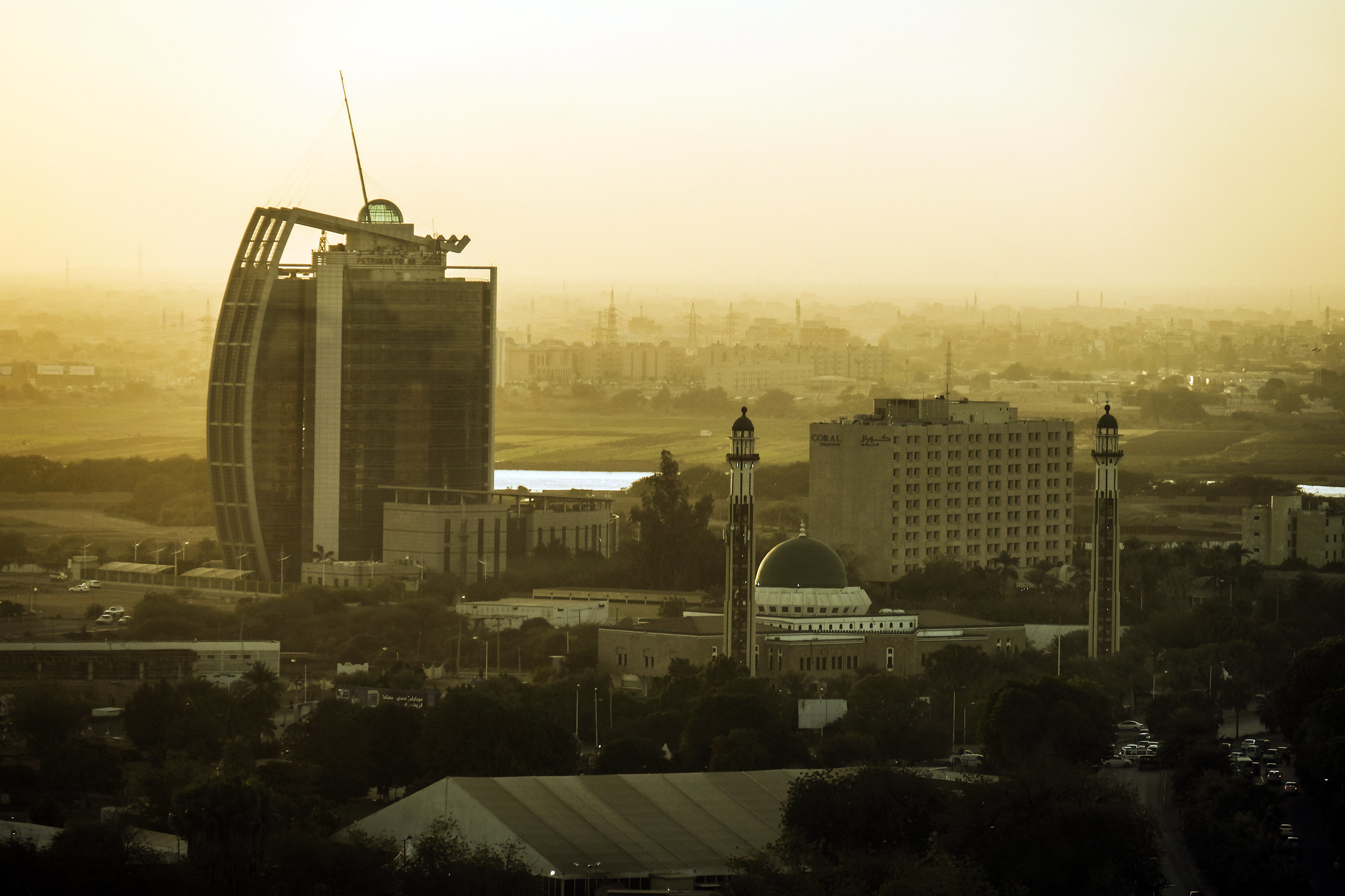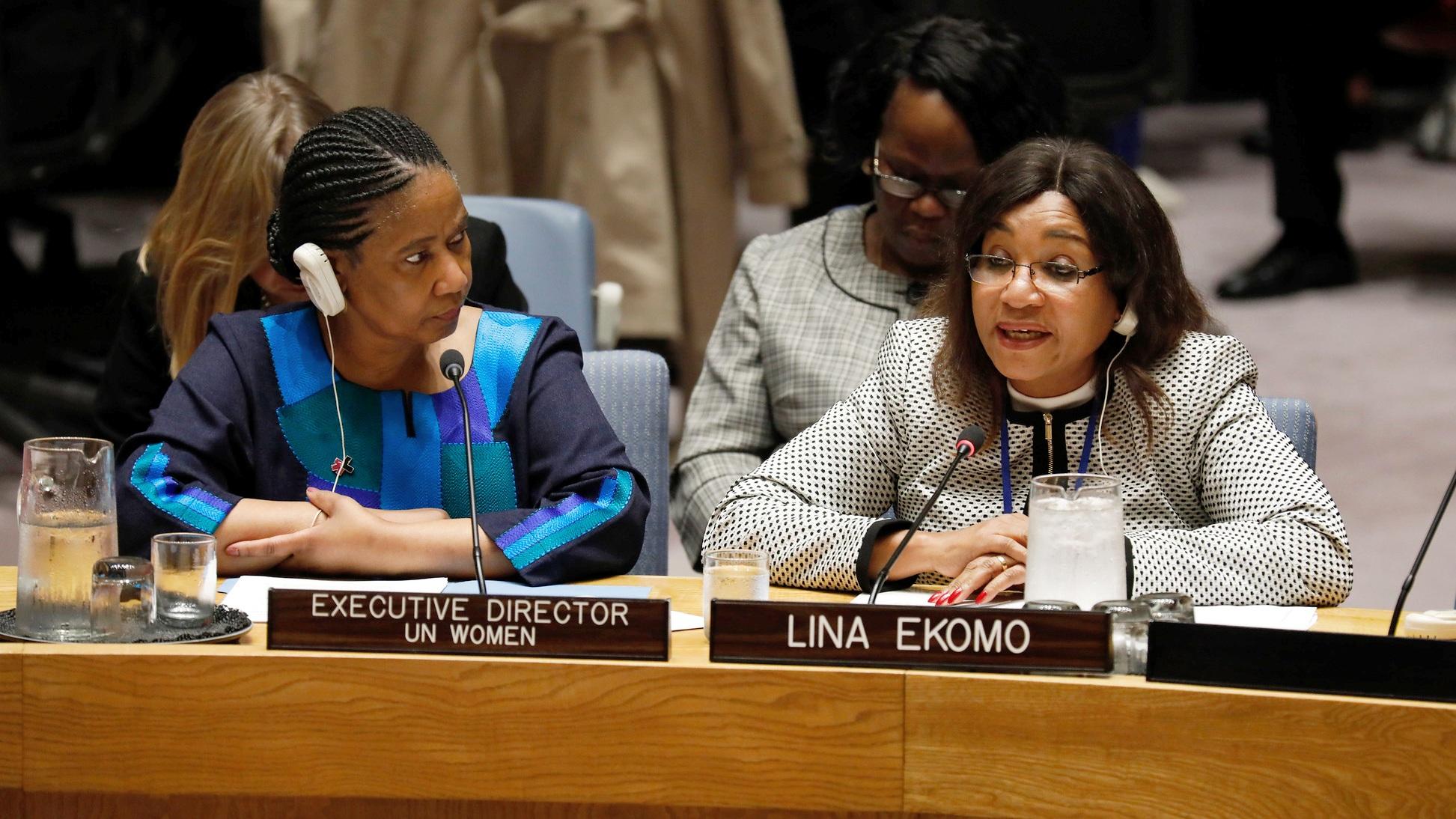LSE’s Nabila Ramdani says the hopes of a free Egypt are at risk. This article originally appeared in London’s Evening Standard.
Despite the flag-waving celebrations in Tahrir Square, nobody should be under any illusions about what is unfolding in Egypt. The Arab world’s most populous country is experiencing an unmitigated disaster, a descent into chaos which may still result in bloody civil war and worse.

The army is already sealing Egypt’s borders. The fear is that the military coup will attract foreign fighters from other volatile parts of the Middle East and North Africa who want to win back the Muslim Brotherhood’s mandate. A nightmare vision of regional conflict pitting religious insurgents against Egyptian servicemen is by no means out of the question.
Such thoughts seemed unimaginable to those who stood shoulder to shoulder in 2011, when Cairo was the deliriously optimistic epicentre of the Arab Spring. Democracy was achieved relatively peacefully then, leading to Mohamed Morsi’s election in June last year.
There is no doubt that the Morsi I later met in Cairo was well-intentioned and passionate. He had a genuine vision for his country and wanted to adapt it to the demands of the global economy. The mood at the time was largely supportive, with even secularists prepared to back him.
However, his adherence to the “principles of Islamic law” meant, for example, a devastating erosion in the rights of women. Many of the brave and idealistic female protesters who contributed so much to the success of the pro-democracy demonstrations are among the huge numbers who have become victims of sexual violence in recent months.
Crime rates in general have rocketed, with a quadrupling of the murder rate. Meanwhile, unemployment has spiralled. More than a quarter of the population is now officially living below the poverty line, as the price of basics such as food and petrol grow ever higher.
Little wonder then that a mistrusted and aloof Islamist administration has grown less popular by the day. This year alone has seen some 1,000 anti-government demonstrations a month, culminating with around 22 million people calling for Morsi to resign in a petition: that’s nine million more than those who elected him.
Yet behind such dissatisfaction, there is deep unease about an elected head of state being forced out at the point of a gun after just one year in power. Dissent and failure are part and parcel of politics, yet Morsi has been treated like a common criminal.
Now the army undoubtedly wants to maintain its role of political kingmaker by appointing their own puppet, so as to continue to wield real power behind the scenes. The fears of Egyptians are very real. Hind El Hamzaoui, a 42-year-old librarian from Cairo, told me today: “What will be the point of new elections if last year’s are wiped out? What’s the point of democracy if soldiers ultimately decide who’s in charge?”
The position of the US will, as usual, be crucial. But the key will be the attitude of ordinary Egyptians. Their choice will be either to rally behind Morsi in a display of democratic outrage — like that which brought down Hosni Mubarak — or to meet the threat of military violence with organised political violence. The truth, though, is that if Egyptian democrats now take to the streets with bullets and bombs, then all hopes of a just and free Egypt will be well and truly crushed.
Follow the writer on twitter @NabilaRamdani.






Well i wonder if you have had the time to check Mursi’s campaigning program and compare it to the Mubarak’s program? any thoughts? Are you aware that after he won the elections he said oh no this is not a program, these are my hopes and will try and formulate a program later. So is that considered acceptable in any country?
well let’s look at only some of the facts:
1. Yes the Egyptian military have been ruling for 60 years and they benefit from maintaining the status quo, but how about the Egyptian people do you think we are puppets? people have revolted against mubarak , they voted for the Muslim Brotherhood (MB) because in the eyes of millions they were the only opposition they knew for years but because they understood the lesson once they saw the signs of building another dictatorship they moved to topple another manipulative regime and they will continue to do so.
2. There is this projected image of Mursi eliminating the power of the military, however what really happened was removing some of the top leaders of SCAF (but first honouring them and giving them medals and a lot more money). If you look at the recent governors appointments in Egypt half of the appointed governors belonged to islamists movements and the other half were army generals. not so civilian right?
3. Because they won most of the seats in the parliament the MBs got to formulate the committee that wrote the new constitution and they granted the army more powers than what they already had during Mubarak’s era in fact more than what they had for 60 years. So i think the military was doing just fine with the MB in power.
4. I wonder if you had the time to look at the upper chamber of legislature recent sessions when one of the opposition members wore a badge calling for early elections, just because of wearing a badge he was attacked and they tried to beat him and because they are the majority in the parliament they voted him out . Yes the magnificent rules they wrote for themselves allows them to do so.
5. If you examine what happened in the suez canal region over the past months how 3 cities have went under civil disobedience refusing the MB rule and were collecting signatures for the army to intervene. Now what did Mursi do? did he try and find a solution
6. Recently an MB member (an engineering university professor) was appointed as the minister of planning and international cooperation. Now that person he has no experience in governance and he specifically said in an interview yes i can learn by trial an error. so seriously in a country with 85 millions going through an economic crises, is that the right person for the job? Is a mobile sales person fit to be the minister of investment just because he was working in Mursi’s advertising campaign? I can go on forever quoting such incidents.
7. In one of his latest speeches, Mursi talked about the use of the millions of street children in violence, millions that he had done nothing to save. Yes there is an economic crises but there are actions that could have been taken. And yet in the same speech he talked about buying a new presidential plane !! A look at the national budget would highlight the increase in the presidential allowances and the number of cars , again in times of economic crises.
8. Immediately after the Mubarak’s ousting several politicians and activists have highlighted the problems Egypt might have with Ethiopia over the dam they intend to build, which will reduce Egypt’s share of water and will have catastrophic effects. Yet Mursi and his cabinet completely ignored the problem and focused their attention on penetrating every single position in the Egyptian bureaucracy until the Problem in Ethiopia just grew bigger and bigger. Now yes this problem started during Mubarak’s era but what did Mursi do to handle it, he had a televised dialogue with politicians without informing them that it was aired and they were talking about how to plan a war on Ethiopia. Now don’t you consider that a threat to Egypt national security?
8. Did the writer have a look on the situation of women and how the MBs in the parliament blamed women for sexual harassment and specifically said “they are asking for it”. A number of NGOs in Egypt have been complaining about the decision to reduce family planning programs and budget (the MB have fought family planning and birth control for years). You can find articles on that as well in newspapers as the NewYork times. They take such decisions without any considerations of the outcomes and how things are connected, why would you increase the birth rate in a poor developing country with one of the highest unemployment rates without a detailed plan of how you are going to handle the future.
9. In a Syria aid rally, islamists groups have insulted the opposition and christians and called for their crushing with Mursi attending the conference and not intervening or condemning such threats to people’s lives.
10. Over the past months Egyptians have collected millions of signatures calling for early elections and those were completely ignored, for months as Egyptians we have tried everything we can but we were completely ignored. If you go through Human Rights Watch report you can read reports on how MB have tortured and broke protesters arms and legs with hammers in front of the presidential palace. how are we supposed to react carry weapons to fight back or call for the army to intervene?
11. I have looked at the authors feedback on events happening in Egypt in many outlets and how she condemns the army violence although they are mixed reports on that, but what about the MB’s violence? what about snipers shooting protesters at the MB headquarters? what about throwing 14-18 years old protestors from buildings’ roofs in Alexandria? what about the supreme guide of the Muslim Brotherhood speech aired just yesterday on aljazeera inciting hatred and violence against christians and protestors? I noticed the writer said that the army is surrounding the MB supporters in the street, well believe me if the army is not doing so god knows what would happen after months and months of economic difficulties, threats and shooting protestors in the street with snipers, people would start fighting with the MB supporters.
12. Why is it when the army sided with the people in 2011 to remove Mubarak it was an uprising and now it is a coup? because of elections? so we are supposed to keep a dictator for another god knows how long because of elections, given how they were attacking the judiciary and issuing unilateral constitutional declarations so there is no guarantee that upcoming election will be fair?
13. I can go on forever highlighting problems and corruption cases. The army had to intervene because millions took to the street calling for again bread, liberty and social justice and we will continue to if the army doesn’t proceed with the declared road map. we are not sheep to be led i think we have proven that over the past 2.5 years.
14. Terms as democracy and military coup etc are results of people experiences. Models do change , new models arise life is not fixed. Egyptians had to call upon the army to intervene, we needed to rescue the country and you can see the difference this time we have called for the appointment of the head of the constitutional court as an interim president and our demands were met, some of the political activists were released this morning and there is a surge in the stock market .